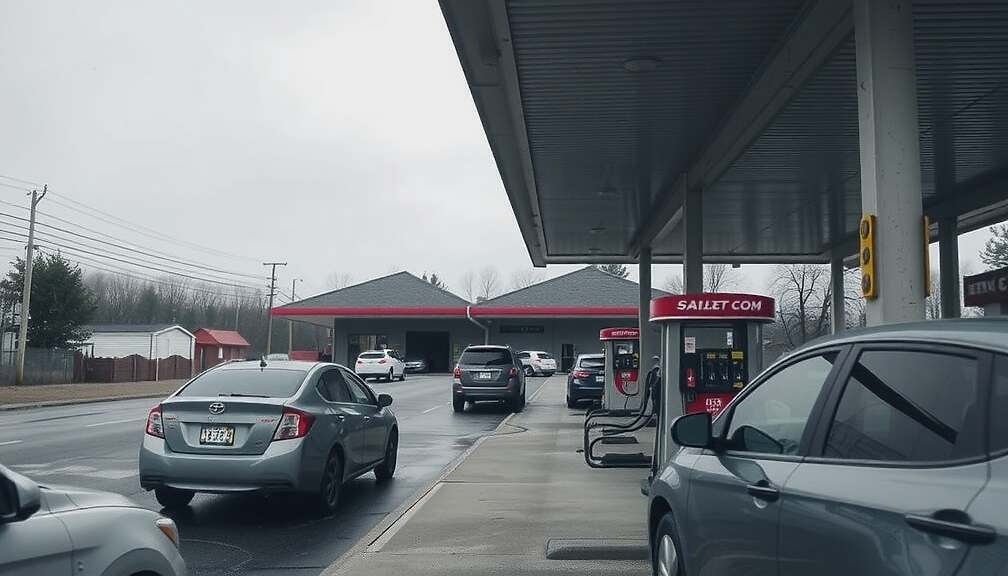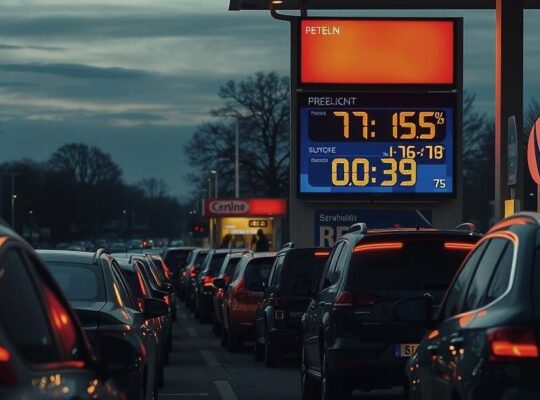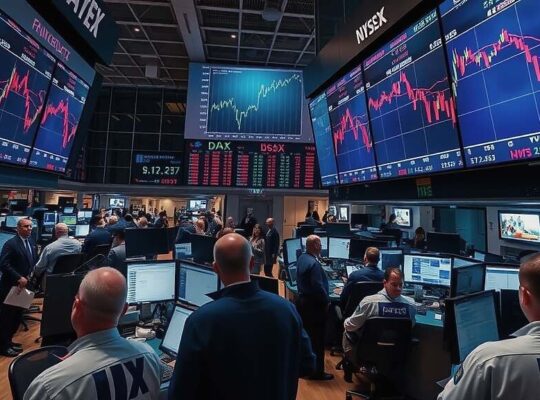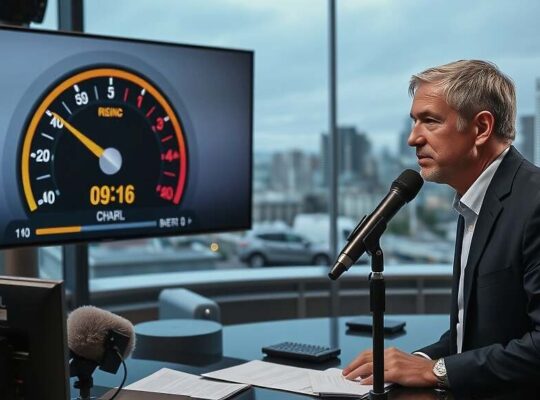Fuel Prices Dip in Germany, Sparking Questions About Market Dynamics & Policy
Recent data indicates a slight easing of fuel prices across Germany, with both gasoline (Super E10) and diesel experiencing marginal declines in the latest weekly assessment by the ADAC automotive club. The average price for a liter of Super E10 now sits at €1.671, a reduction of 0.1 cents compared to the previous week, while diesel has fallen by 1.0 cents to €1.584 per liter.
While seemingly minor, this fluctuation underscores a complex interplay of global market forces and domestic policy implications. The ADAC attributes the dip primarily to a moderate relaxation in the raw oil market, with a barrel of Brent North Sea crude trading just above $62 USD, approximately $3 less than the previous week. A stable Euro exchange rate, hovering above $1.16 per Euro, has also contributed to the lessening pressure.
However, the ADAC’s analysis reveals a disconcerting discrepancy: the expected price reduction for Super E10 was considerably larger given the drop in raw oil prices. This deviation has fueled debate amongst energy analysts, some suggesting it reflects potential manipulation within the distribution chain or a deliberate withholding of benefits afforded by lower crude costs. Concerns linger about the transparency of pricing structures and the extent to which consumers are truly benefitting from fluctuating global commodity prices.
The widening gap between diesel and gasoline prices, now standing at a difference of 8.7 cents per liter, further complicates the picture. While significantly below the 20-cent tax differential currently in place, the persistent high price of diesel raises questions about the broader taxation framework and its impact on various sectors, particularly logistics and transportation. Critics argue that the current system disproportionately burdens businesses and individuals reliant on diesel, while simultaneously discouraging a transition to alternative fuels.
The ADAC’s observations are likely to place renewed pressure on the German government to address the perceived imbalance in fuel pricing and examine the potential for greater transparency and consumer protection within the energy sector. The current situation highlights the delicate balance between global market forces, domestic policy decisions and the financial burden on German citizens.












